Academic Support Center will take place of current CT courses
New model meant for more independent, personalized education
Special education teacher Kathy Clayman holds DNA model while science teacher Carrie Hall discusses the bases of DNA in a biology class. Next year, all consultant teacher services in the Rockwood School District will be replaced by Academic Support Centers.
March 30, 2021
Academic Support Center will take the place of Consultant Teacher Services (CT) courses for next year’s freshman class.
Starting with the Class of 2025, the traditional CT classes will no longer be offered in the Rockwood School District (RSD) for these students. Instead, an Academic Support Center (ASC) will take its place, offering a more hands-on and personalized approach to teaching.
In the current CT Model, students with an Individualized Education Program (IEP) have a special education teacher in their core classes. This teacher assists with all students and is only able to pull aside a student for extra help. Goals are primarily addressed through content meaning that the goals are set for the class rather than the individual student.
CT classes do offer a Study Skills class that offers extra support. However, CT data provided from The Special School District (SSD) has shown that these classes are not indicating that students are learning lifelong skills and strategies. Instead, they are focusing on completing the assignment at hand. Observational data has also shown that most CT models used are as follows; one teaches while one observes or one teaches while one assists which is the least effective for both general education and special education students.
Shay Forsythe is the SSD Area Coordinator for Rockwood and works primarily at LHS and Green Pines Elementary.
Forsythe said, “The change came about as a collaborative effort between RSD and SSD Administrators from all four RSD high schools. We took a look at CT data over the last several years including grades, progress on student IEP goals and student scheduling conflicts and determined that special education programming required a new model to better meet the needs of individual students and to maximize our resources, specifically highly qualified special education teachers.”
In the ASC Learning Support classes, special education teachers will be able to provide direct and individualized instruction in academic areas as well as life skills such as executive functioning skills, time management, prioritization and study skills. Known as the “push in/pull out” method, teachers will be pushing into core classes and pulling students out for their scheduled time in the ASC.
“’Push in/Pull out” refers to special education teachers supporting students through specialized instruction both in the general education setting, pushing into their core classes, and the special education setting, pulling students out of core classes to better assist one-on-one or in a small group setting – this can occur in the ASC. The amount of time this occurs is based on minutes in each individual student’s IEP, as determined by the IEP team. Typically this service time is weekly or monthly and will be individually scheduled by special education teachers,” Forsythe said.
Students will now be able to receive support based solely upon individual needs and can set a higher rigor for themselves. Goals will be written for individual student weaknesses while staying integrated within the curriculum and addressing the impact in that class. In addition, the ASC will focus on job training, trade school and community as well as four year college models to set each student up for success.
RSD Director of Special Education Dr. Carmen Harris said, “As administrators, we frequently review student data to help us determine the effectiveness of our programming. Our goal is to decrease the student achievement gap between students with and without IEPs. We often compare data between buildings as well as districts to review various instructional models to ensure we are meeting the needs of our students.”
“When considering how we provide special education services we want to provide students with the needed support to meet their IEP goals and increase their ability to access the general education setting. When determining service minutes for students participating in CT classes, our students are often receiving services based on a master schedule vs. focusing on the services needed to meet their individual IEP goals. This new service delivery model will allow students to receive individual support in both the general and special education setting while not limiting their class options due to scheduling conflicts of CT classes,” Harris added.
The ASC model has been tested at RSD middle schools as well as in a neighboring district.
“This is work that had already begun at some of our feeder middle schools over the last few years. The design model is not unique to Rockwood, as some high schools in the Parkway School District adopted a similar model several years ago and also discontinued co-taught courses. We also spoke with Parkway Administrators and took a look at some of their data,” Forsythe said.
While the ASC will be available next year only for the incoming freshman class, administrators hope that if all goes well more students will be able to take advantage of the support as well.
Forsythe said, “For the 20-21 school year, the ASC will primarily be for students with an IEP, receiving special education services. It is our hope, as we continue to build Multi-Tiered Systems of Support in all of our RSD high schools, that the ASC will be open to all students needing support and a collaborative intervention staffed by general education and special education.”
Administrators are hopeful that the ASC Learning Support classes will allow students to benefit more than they would in past CT courses.
“I feel that this will be a much more personalized, individual experience for students and staff. My hope is that each student will be able to focus on their goals while receiving the specific strategies and tools needed to generalize learning and demonstrate success in all curricular areas,” Forsythe said.






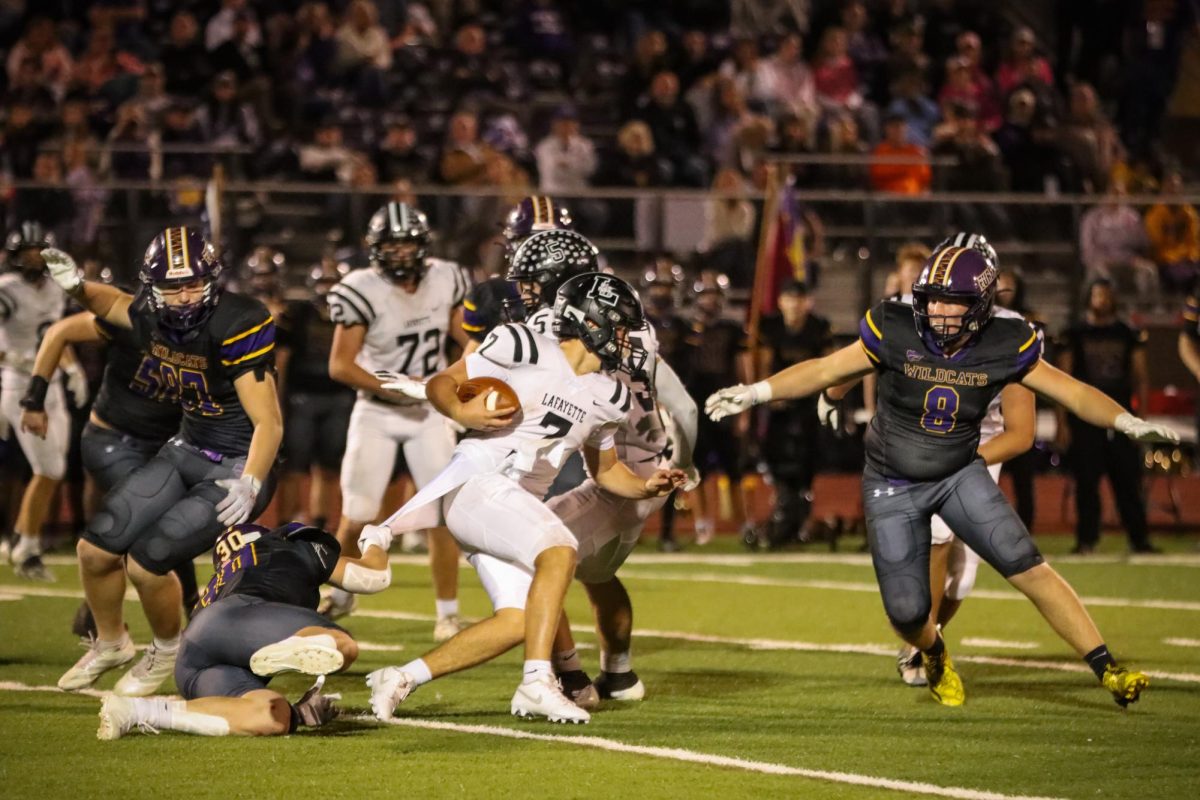
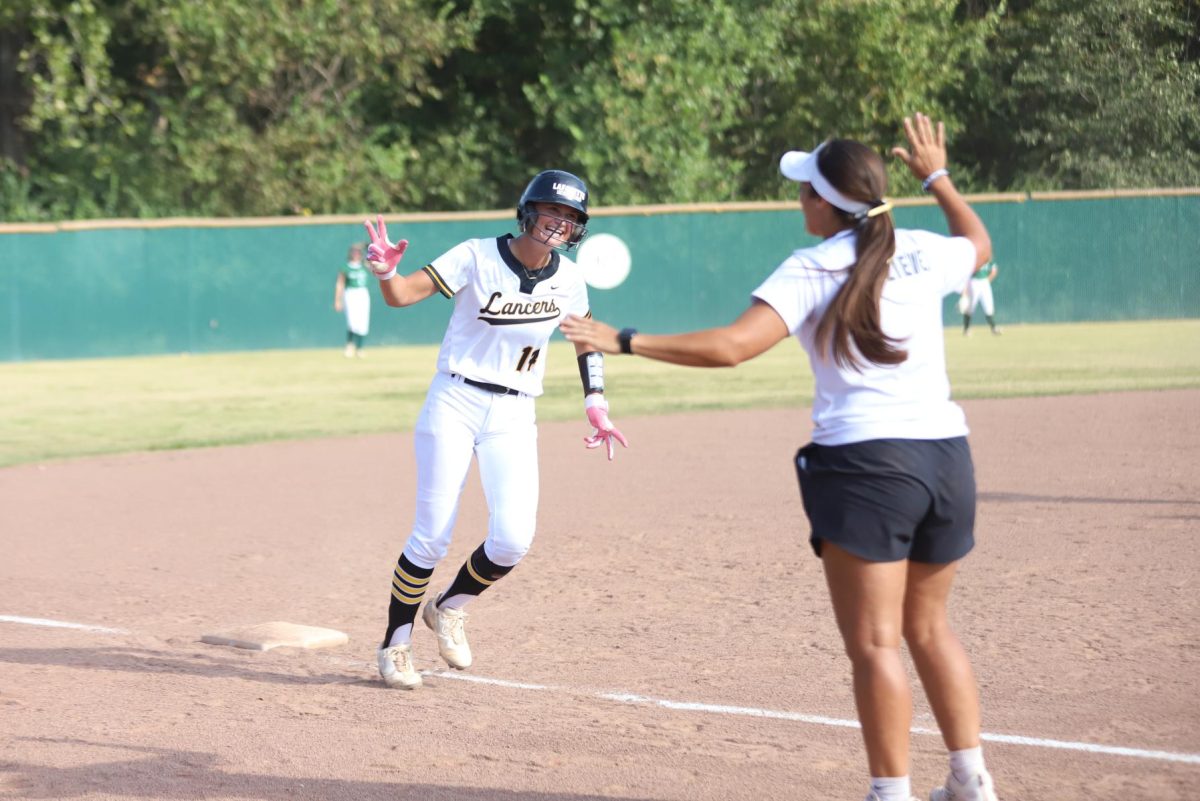
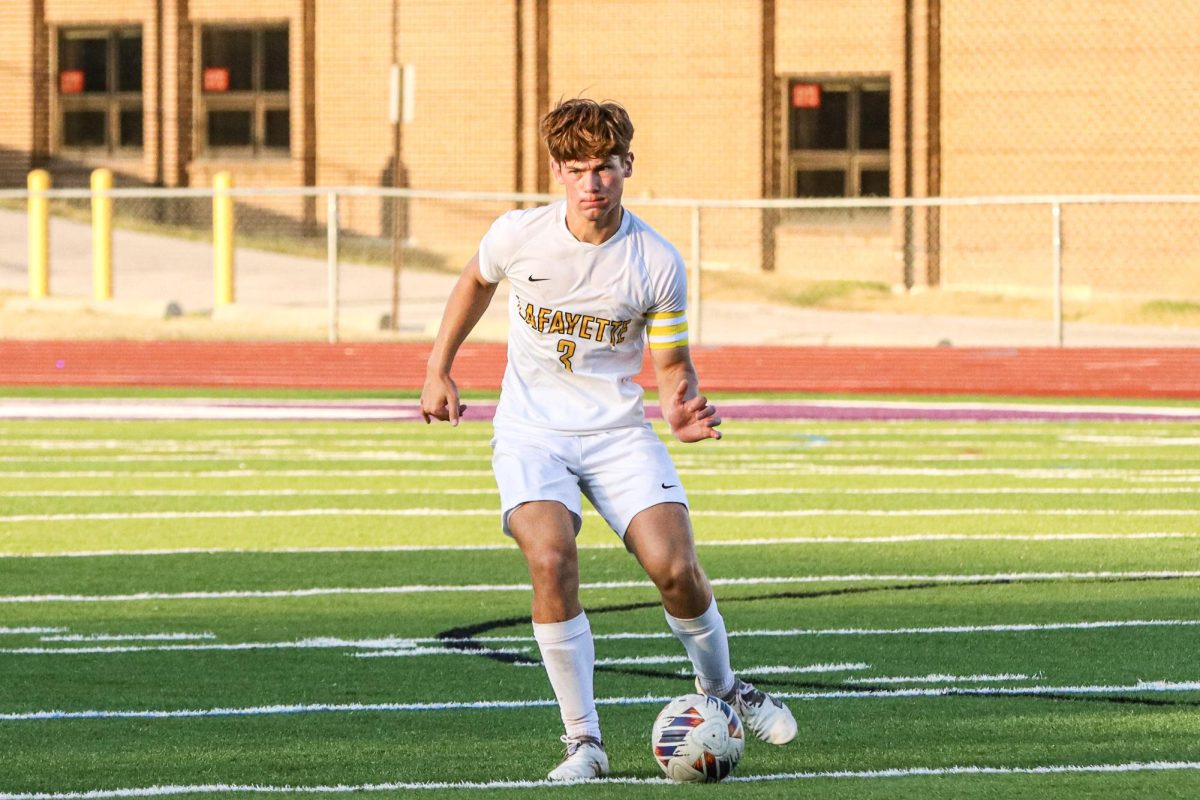
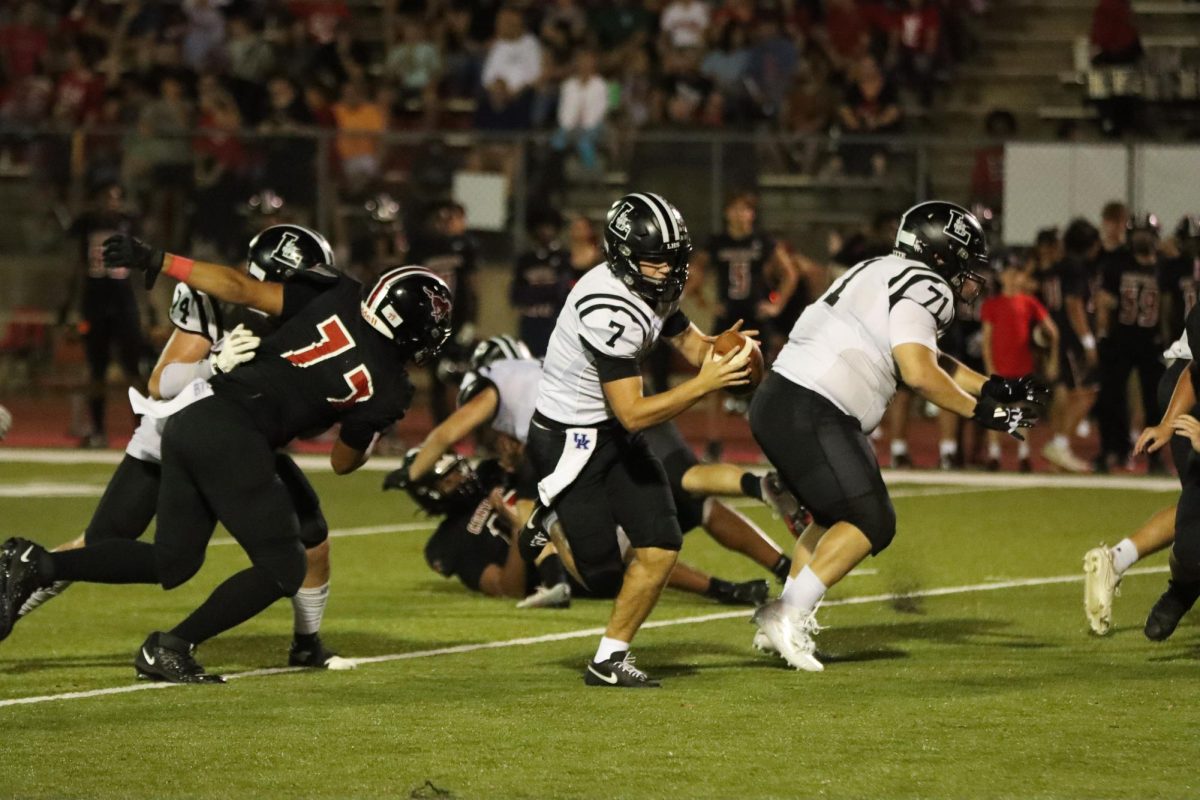

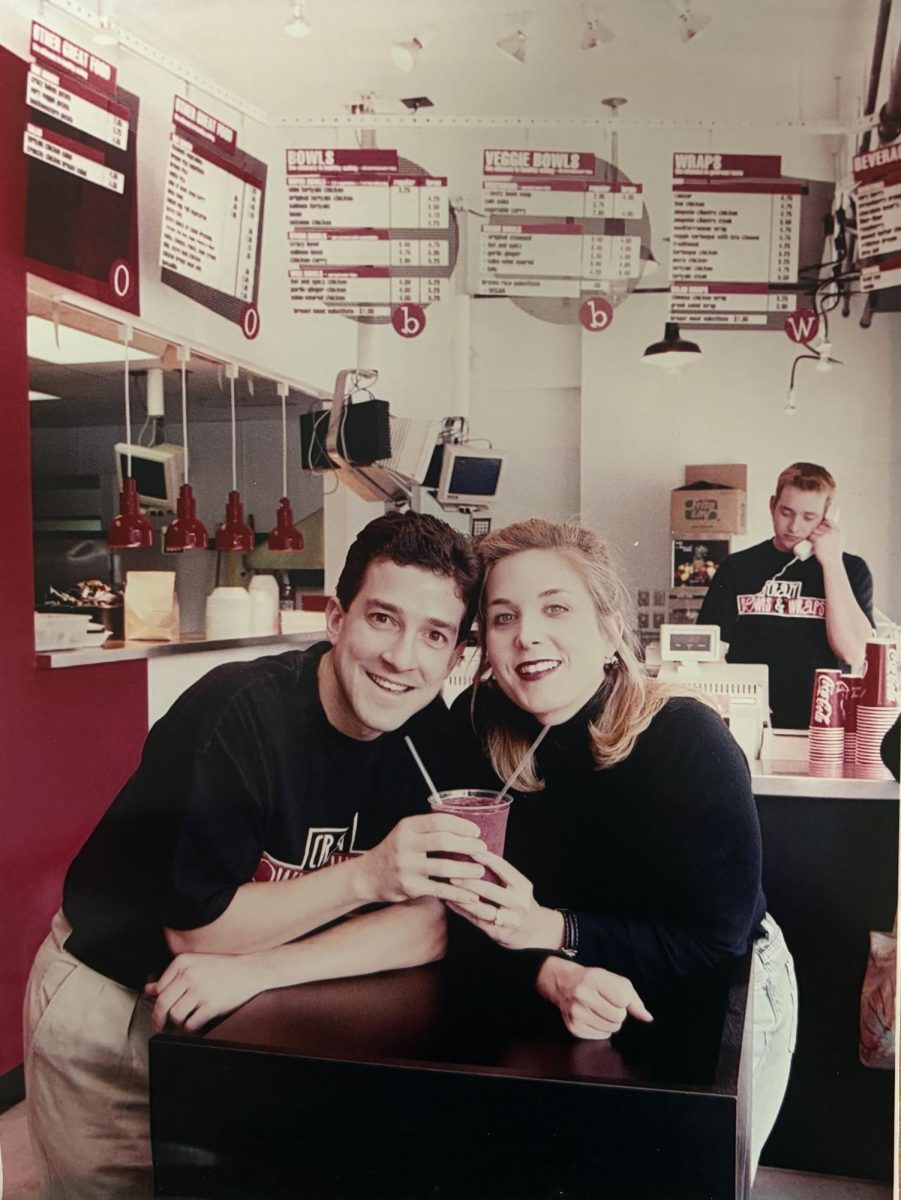
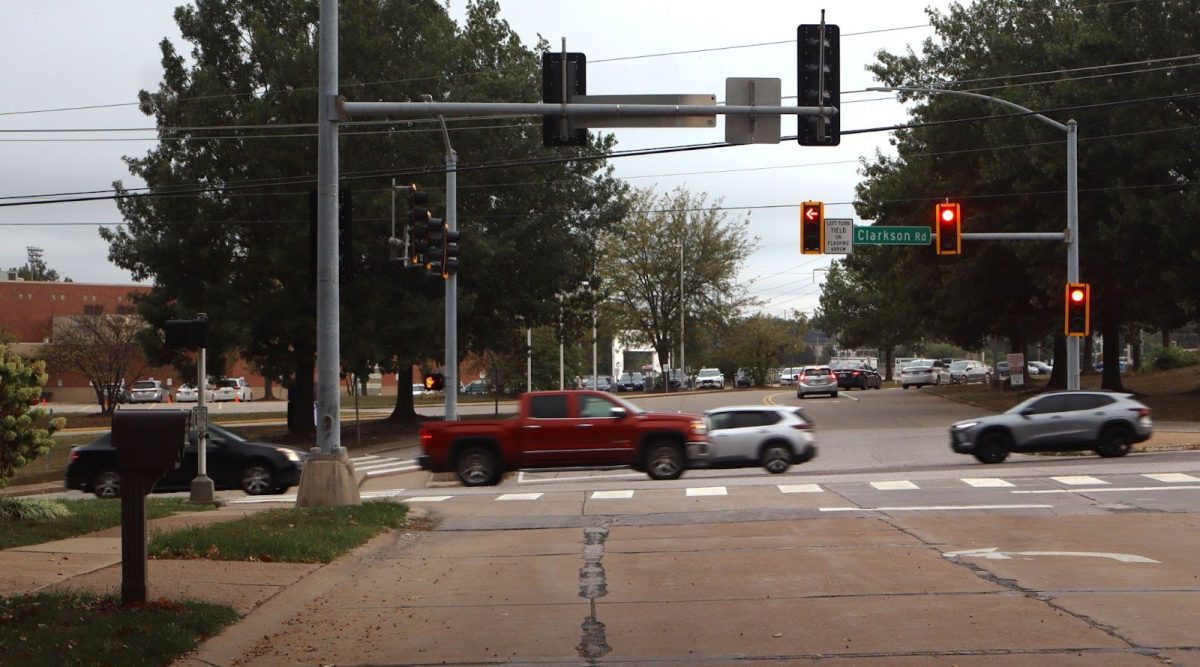







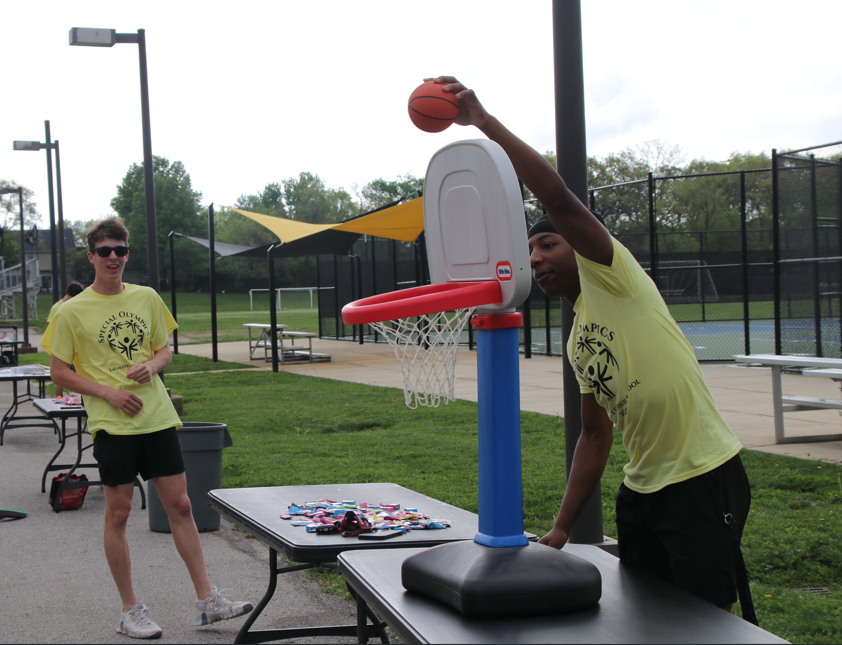












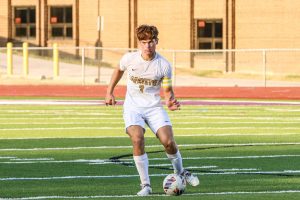
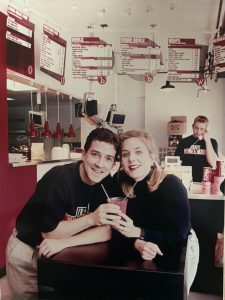
![Although being only one of the two oboe players in the school, freshman Elise Morton said she will continue playing the instrument throughout high school. “[Playing the oboe] makes me feel special because I know I'm playing a rare instrument and I love having a challenge because there’s something to improve on and get even better,” Morton said.](https://lancerfeed.press/wp-content/uploads/2024/05/Elise-Morton-Featured-Photo-300x200.jpg)
